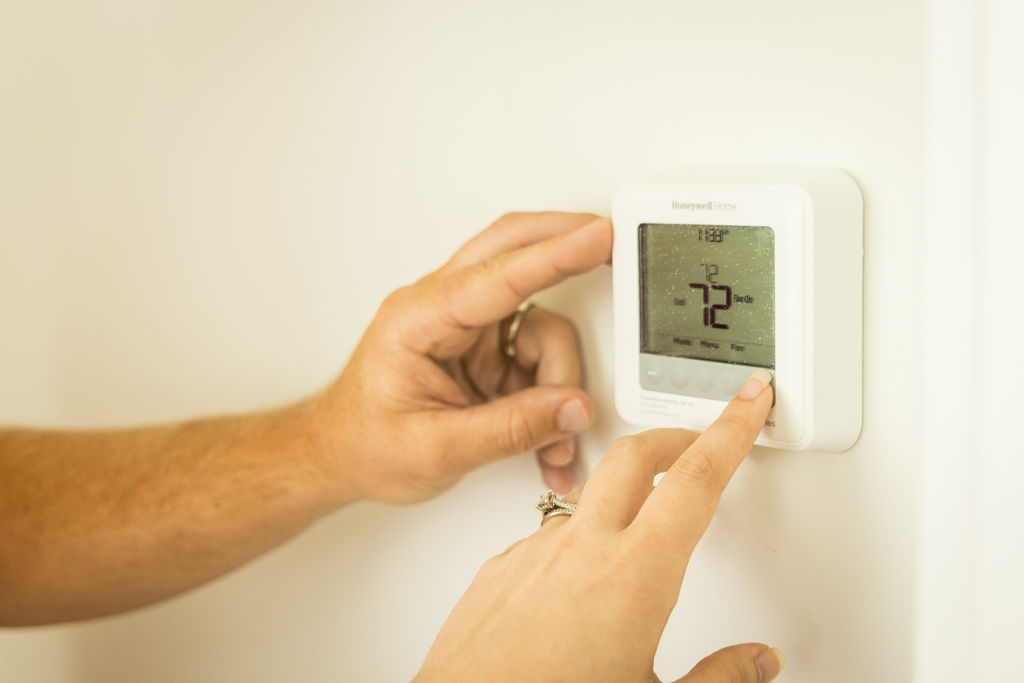
A question every homeowner has asked while staring at that dusty furnace filter: "Can I get away with leaving this in for another month?"
This question is weightier than it may seem at first glance, as that filter plays a huge role in a home's comfort and utility costs. Also, improving indoor air quality to keep fresh air in your indoor environment can reduce the amount of particulate matter, which in high levels can cause long-term health problems.
Below, we break down why this small investment can save you hundreds of dollars and keep your air clean.
An HVAC filter provides defense against airborne particles that can affect both health and system performance. Furnace-filter replacement keeps that defense against indoor air pollution strong.
Furnace filters use three primary mechanisms to capture particles:
Each season brings unique challenges that affect how quickly a filter gets clogged:
Accumulating particles briefly increases filter efficiency, as the trapped particles serve as an added filtration layer. However, this comes at a cost: restricted airflow that forces your system to work harder.
Procrastinating on filter replacement goes beyond stopping a little extra dust. The consequences can actually be serious and expensive.
A clogged filter can't capture new particles as well, which allows dust, allergens, and pollutants to circulate throughout the home. Louisville families dealing with allergies or asthma may be at risk of:
A severely clogged filter can become so restrictive that air bypasses it entirely. This phenomenon of "filter bypass" involves air flowing around the edges and carrying unfiltered particles directly into the system and home.
Dirty filters force the HVAC system to work harder to move air through the home, leading to higher energy consumption, which in turn leads to higher utility bills.
An expensive consequence of neglecting filter replacement is damage to the HVAC system itself: